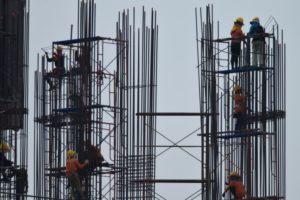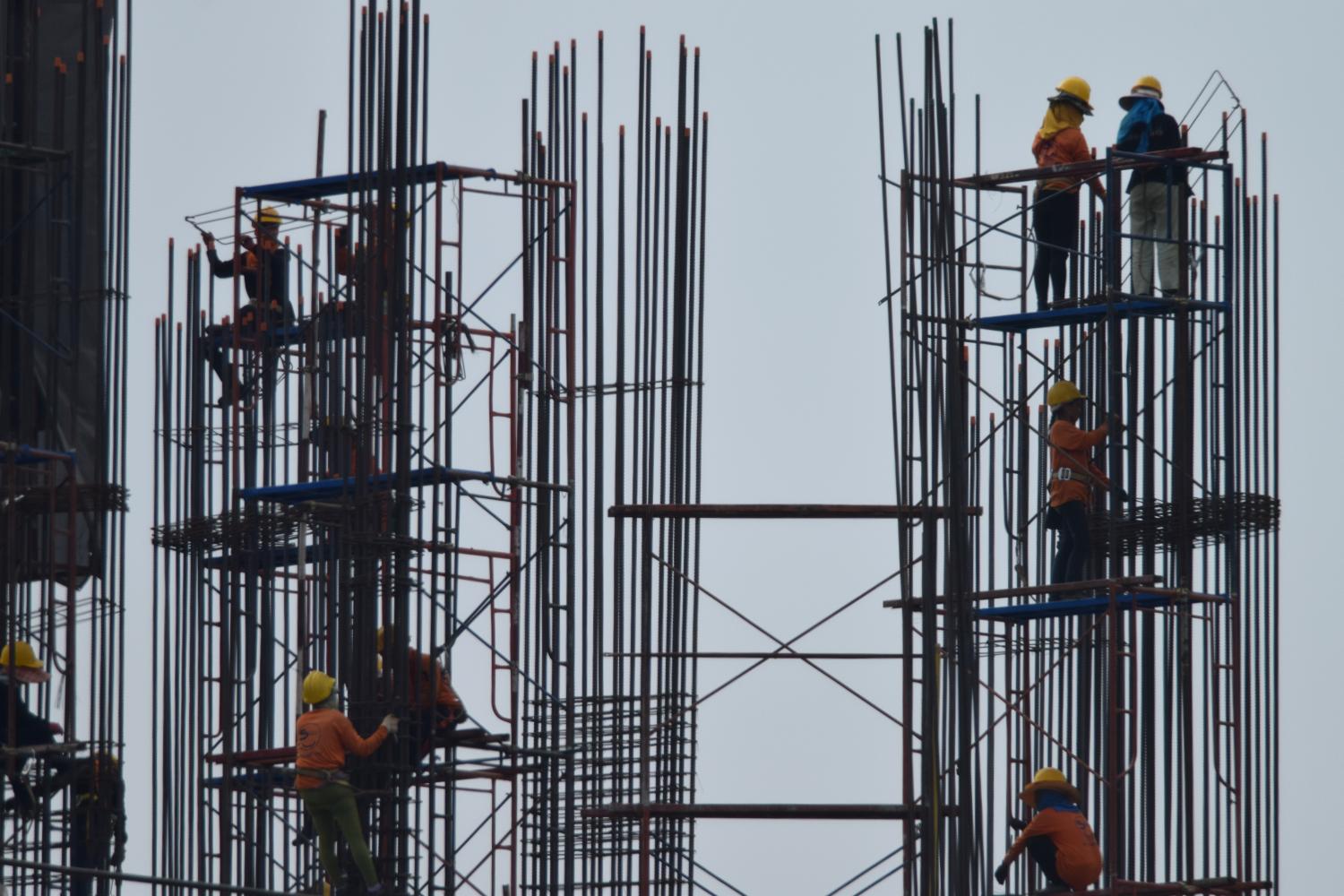
High steel prices hit contractors in Thailand
The Russia-Ukraine war is pushing up domestic steel prices, which have already risen by 20%, causing homebuyers and construction firms to shoulder higher expenses.
Steel is among the raw materials experiencing a price hike, following the eruption of the conflict 48 days ago, which has also driven up global oil prices.
Russia is a global steelmaker and exporter, but since its invasion of Ukraine, steel manufacturing in Russia and Ukraine have been suspended or shut down.
“Various steel products have become more expensive. Steel bar prices rose to 28-29 baht a kilogramme, already affecting key business sectors,” said Chaichalerm Bunyanuwat, director of the EAF Long Product Steel Producers Association.
Real estate developers may push the burden on to new buyers who now have to pay more when purchasing houses or condominiums.
“Real estate developers have announced an increase in house prices of 5-8%,” said Mr Chaichalerm.
However, construction firms who were already awarded projects from the government will directly bear the impact as they have to buy expensive steel.
“Constructors also face a liquidity constraint because, under current regulations, it takes a long time for the government to pay them for K [escalation] factors,” said Mr Chaichalerm.
Business sectors affected by higher steel prices have yet to discuss measures to cope with the increasing prices.
Steelmakers are currently facing higher energy costs and are dealing with the problem by increasing production efficiency and reducing costs.
Despite the problem, it is too soon to revise down the steel consumption target in Thailand, which is expected to reach 18-19 million tonnes this year.
The Federation of Thai Industries earlier also predicted domestic demand for steel would stand at 18 million tonnes.
“We need to wait and see what the global situation will be,” said Mr Chaichalerm.
His association suggested the government plan a long-term solution by not allowing the export of steel billet and scrap because global prices are higher than domestic prices.
“Some local steel producers may want to benefit from this effect of demand and supply of steel,” said Mr Chaichalerm.
Source: https://www.bangkokpost.com/business/2293770/high-steel-prices-hit-constructors

